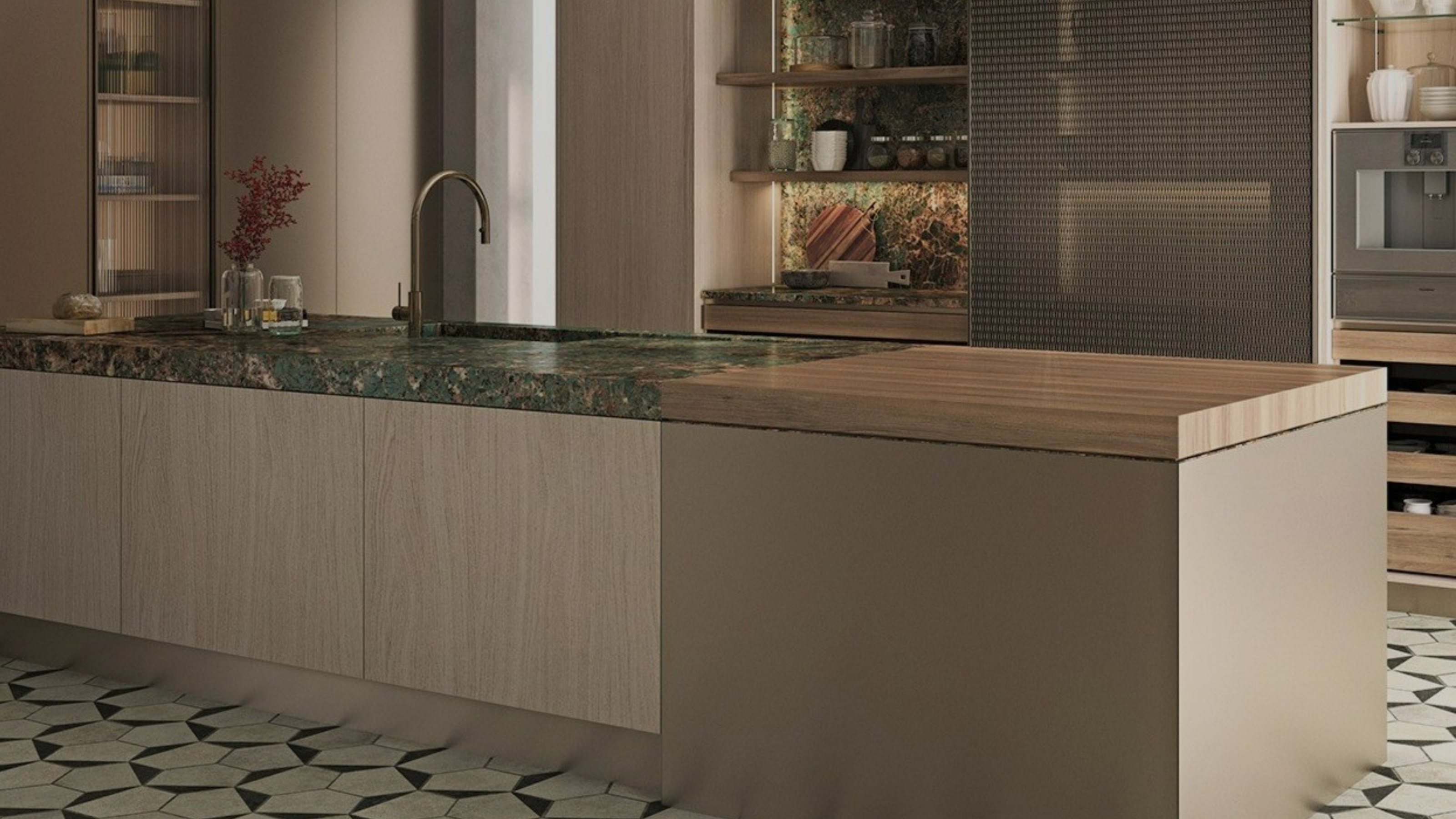Tech
Latest
-

6 Kitchen Appliance Trends to Invest in for 2025 — 'Built-in' Airfryers, AI Ovens, and Fridges That Make Food Last Longer
It's time to level up and buy into these innovative, stylish kitchen appliances
By Maya Glantz Published
-
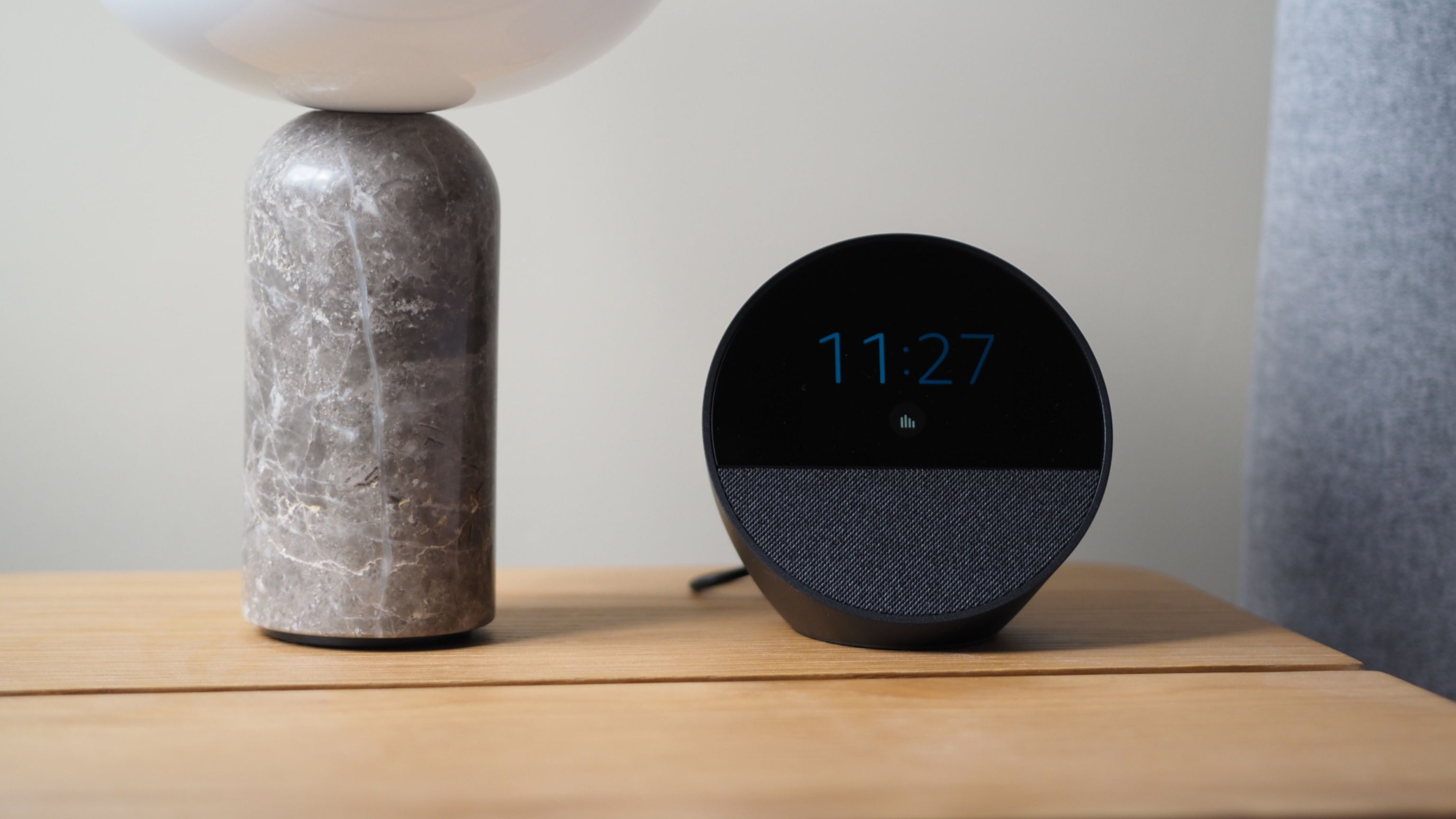
Amazon's New Echo Spot Is Its Best Looking Smart Speaker With a Screen — And It's Almost Half Price Right Now
The newest design of this Alexa-enabled device fits into your home more naturally than many of its predecessors
By Hugh Metcalf Published
-

Samsung Frame Alternatives — Meet the New Launches Challenging the Popular "Art TV"
Samsung isn’t the only company to make art-like TV. Here are three alternatives and how they stack up in the specs and price departments
By Alan Martin Published
-
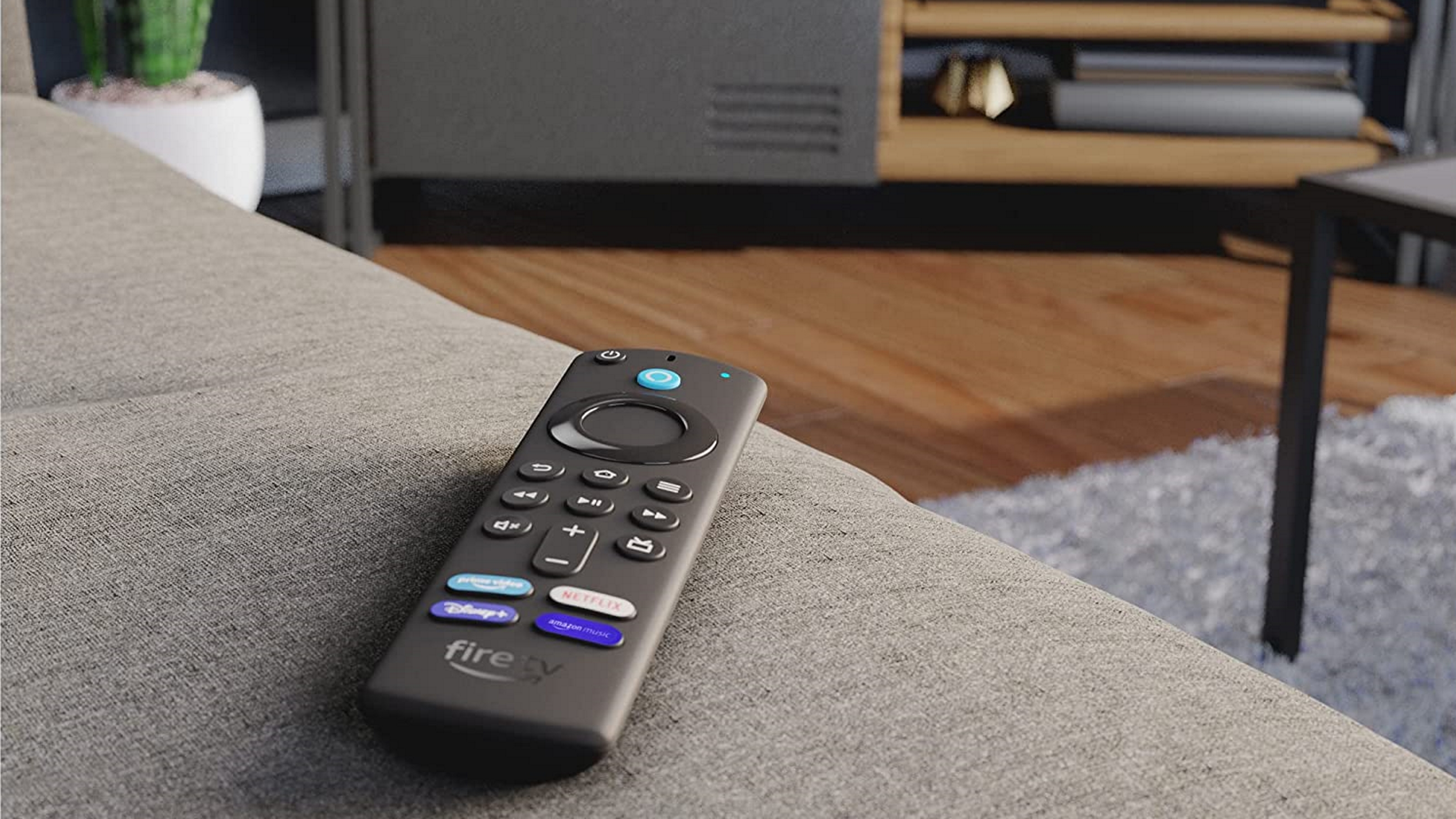
How Do You AirPlay to a Fire Stick? Stream From Phone to TV Seamlessly With This Hack
Amazon’s Fire TV Stick doesn’t support Apple AirPlay, but there’s a passable workaround available. Read on to find out what it is
By Alan Martin Published
-
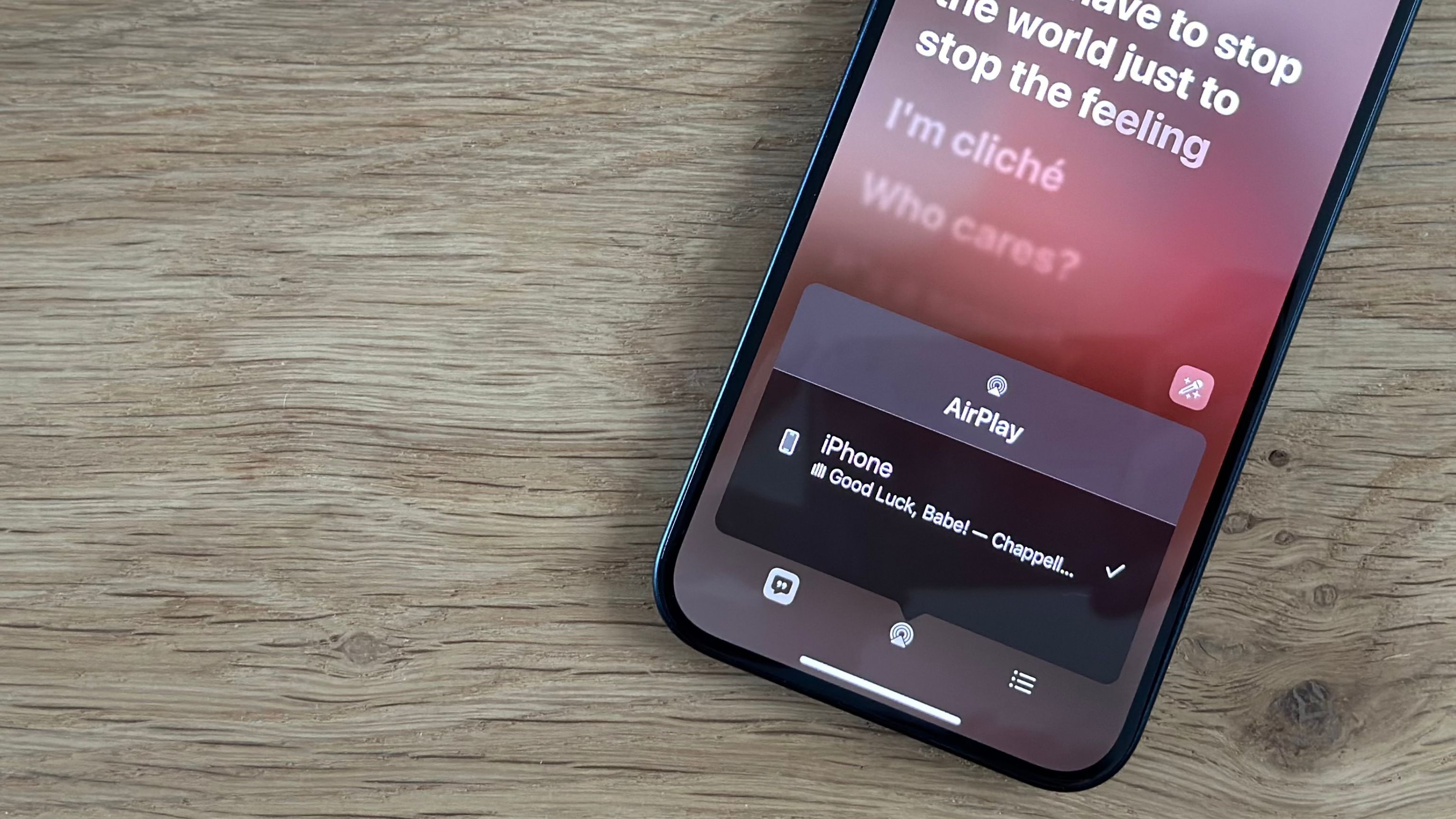
AirPlay Not Working? Here’s How to Troubleshoot When You're Unable to Connect Your Apple Device
Some handy tips on things to try in order to get AirPlay up and running again
By Alan Martin Published
-
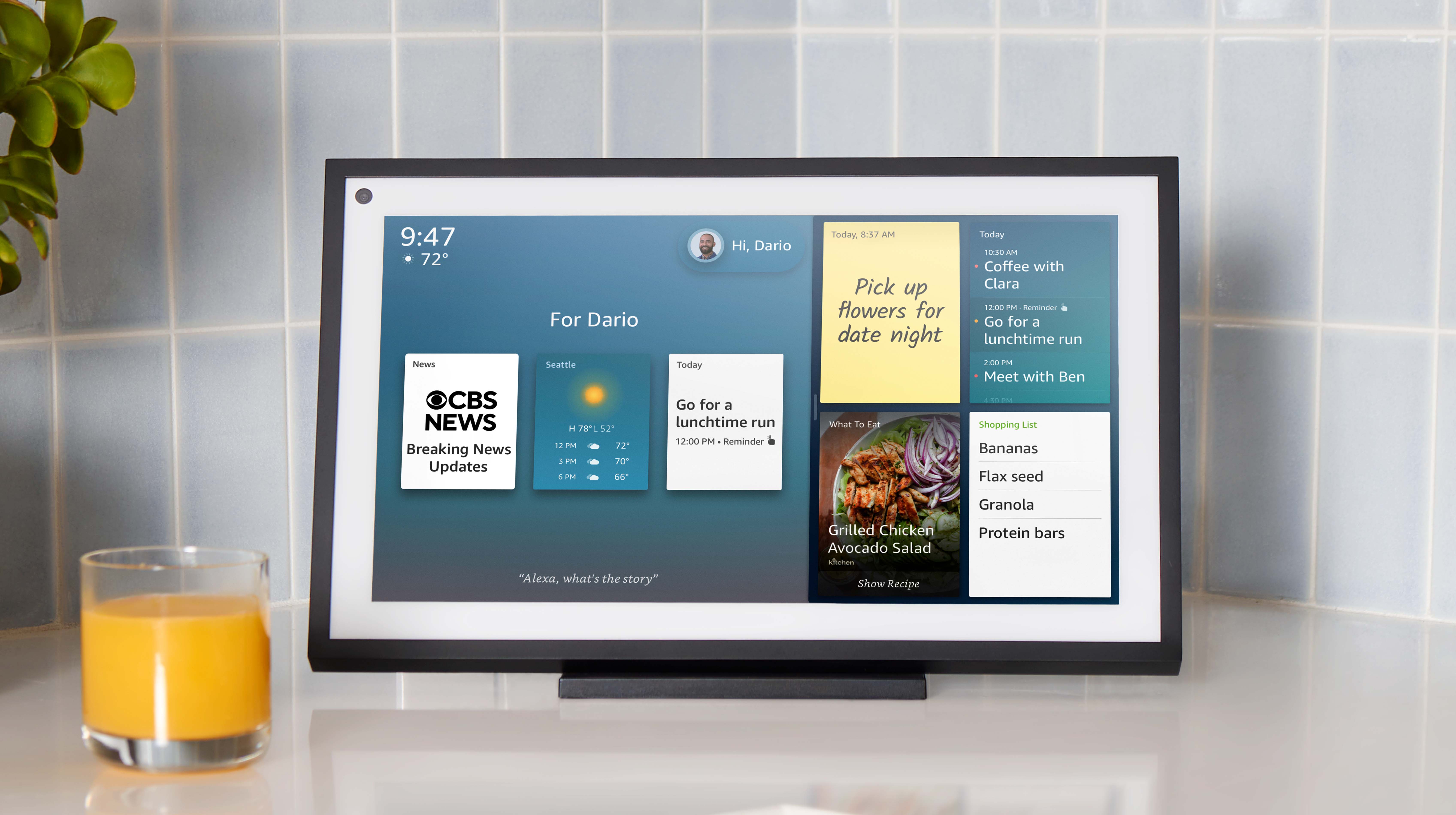
7 Smart Home Mistakes Our Expert Says You Shouldn't Still Be Making
Some key errors to avoid if you want a trouble-free smart home in 2024.
By Alan Martin Published
-

This $10 "Snug Plug" Gadget is a Simple Way to Fix Loose Outlets in Less Than a Minute
If you're tired of your devices falling out of your outlet this tiny gadget is the remedy you need
By Lilith Hudson Published
-

9 iMessage Tricks That Will Help you get the Most out of Your iPhone's Texting Services
Get the most out of iPhone-to-iPhone messaging with these advanced tips.
By Alan Martin Published
-
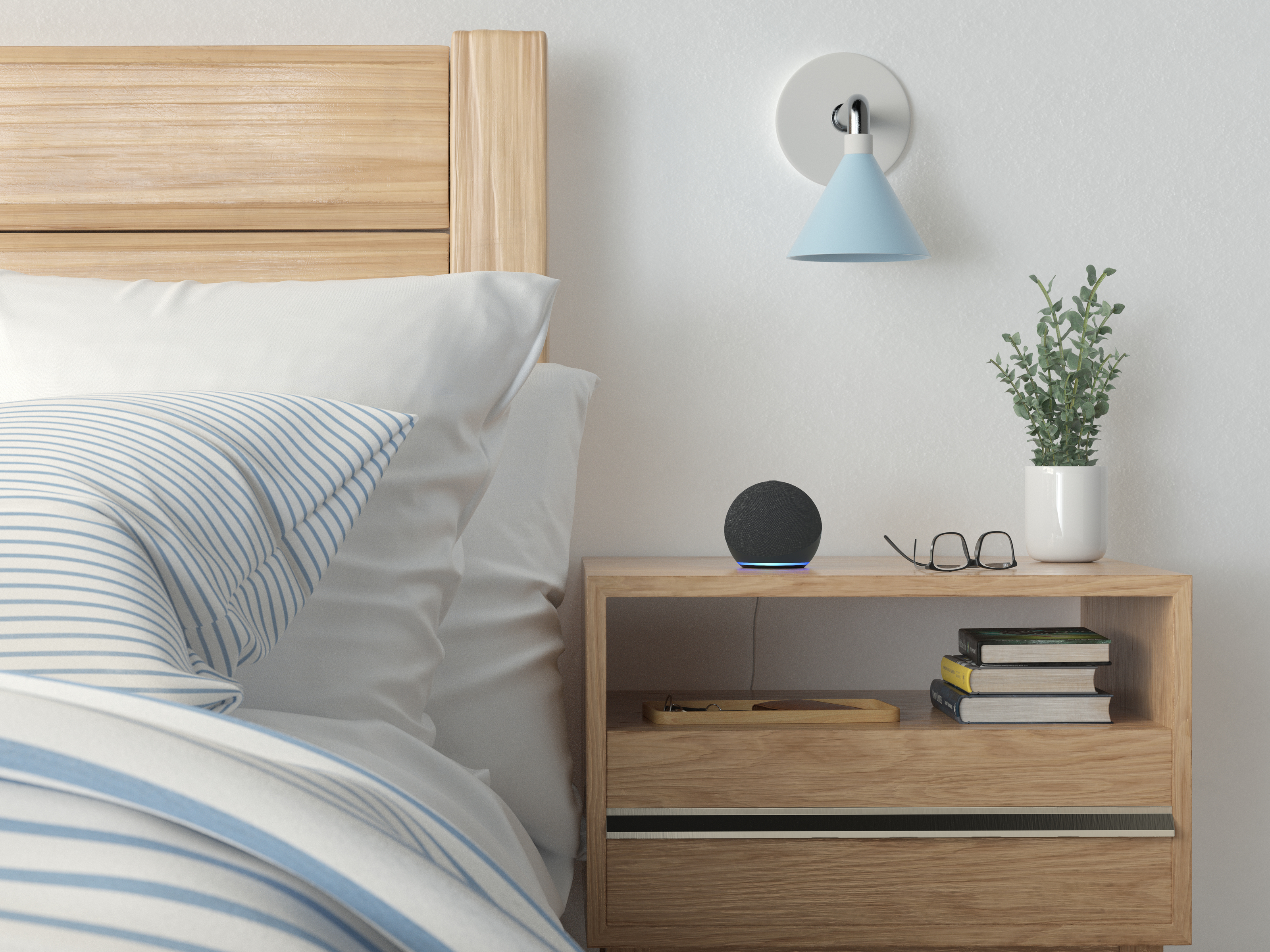
5 Clever Ways you can use Your Amazon Alexa Devices to Help you Sleep Better — 'They Revolutionize Your Night Time Routine!'
If you don't have an Amazon Echo device in your bedroom yet, you'll definitely want to after learning about these genius functions
By Lilith Hudson Published
-

5 Smart Things That Also Make Your Home More Cheerful — "It'll Shake off the January Blues!"
The joy of a smart home it that it can also make you extra joyful, too. These 5 bits of tech will help you beat the January blues by making your decor more cozy
By Alan Martin Published
-
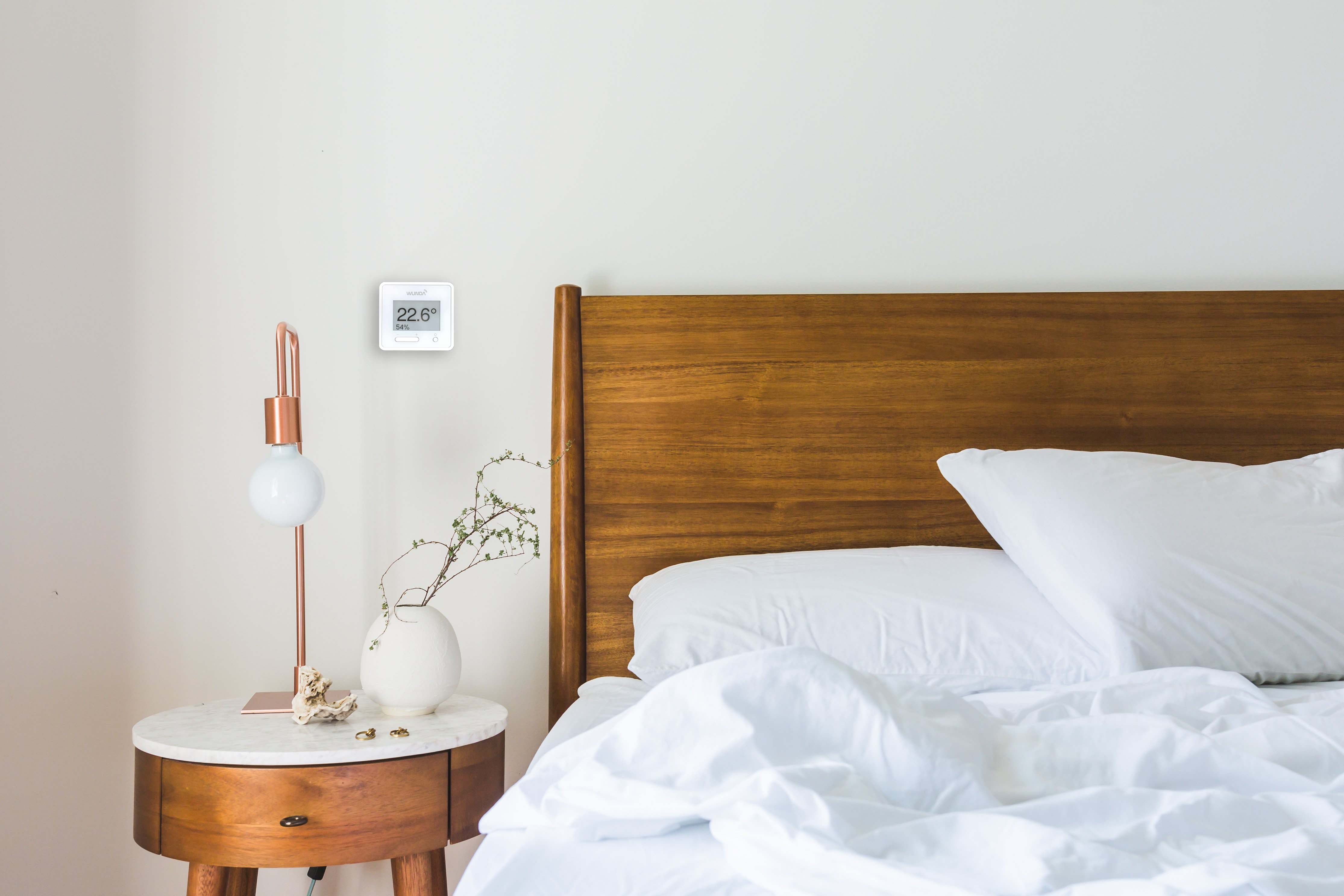
These are the 6 Smart Home Gadgets Worth Investing in - 'Even Technophobes Will Love Them!'
Even the less tech-savvy among us can learn to love these clever pieces of kit
By Lilith Hudson Published
-

Should I get a smart assistant with a screen? The reasons our tech expert upgraded his home, and the best deals
Plenty of people won’t need their smart speaker to have a screen, but for some, it’s an extremely handy upgrade
By Alan Martin Published
-

Is my TV too high on the wall? The golden rule to use for a more comfortable watching position
While it’s ultimately down to personal preference, there’s some conventional wisdom about how high you should wall mount your TV.
By Alan Martin Published
-
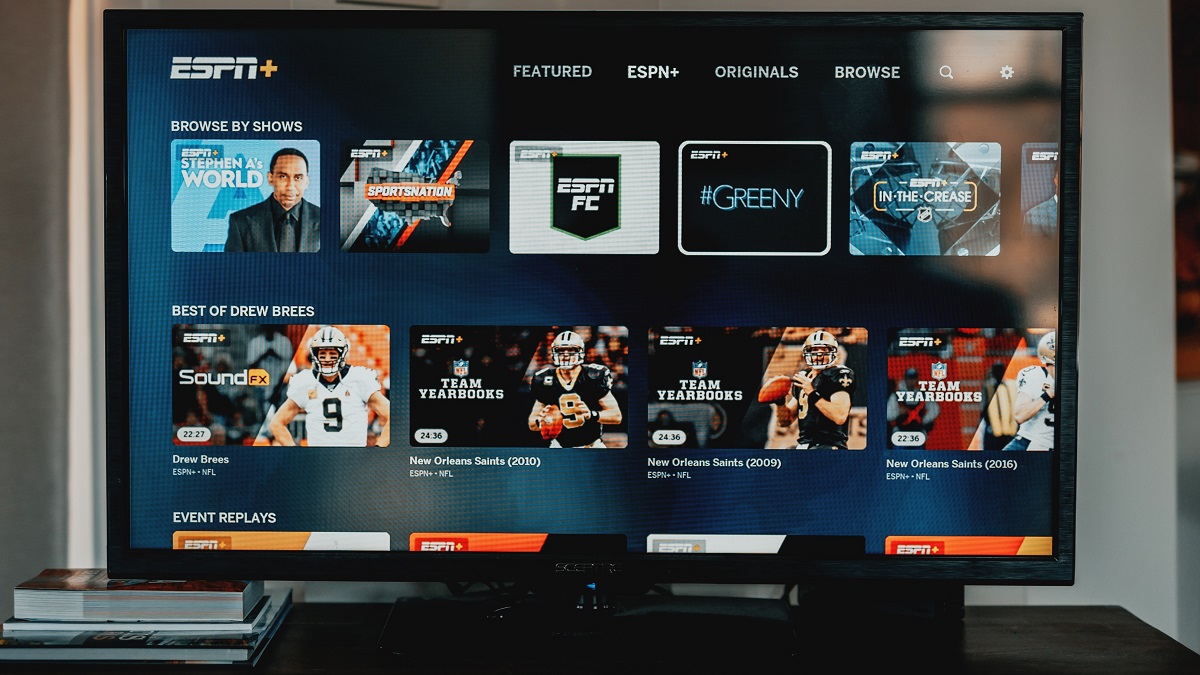
What are the best TV settings for watching sports? This is what our expert says to tweak, and what to never touch
Make your sports look their best by tweaking your TV settings for the best picture possible
By Alan Martin Published
-
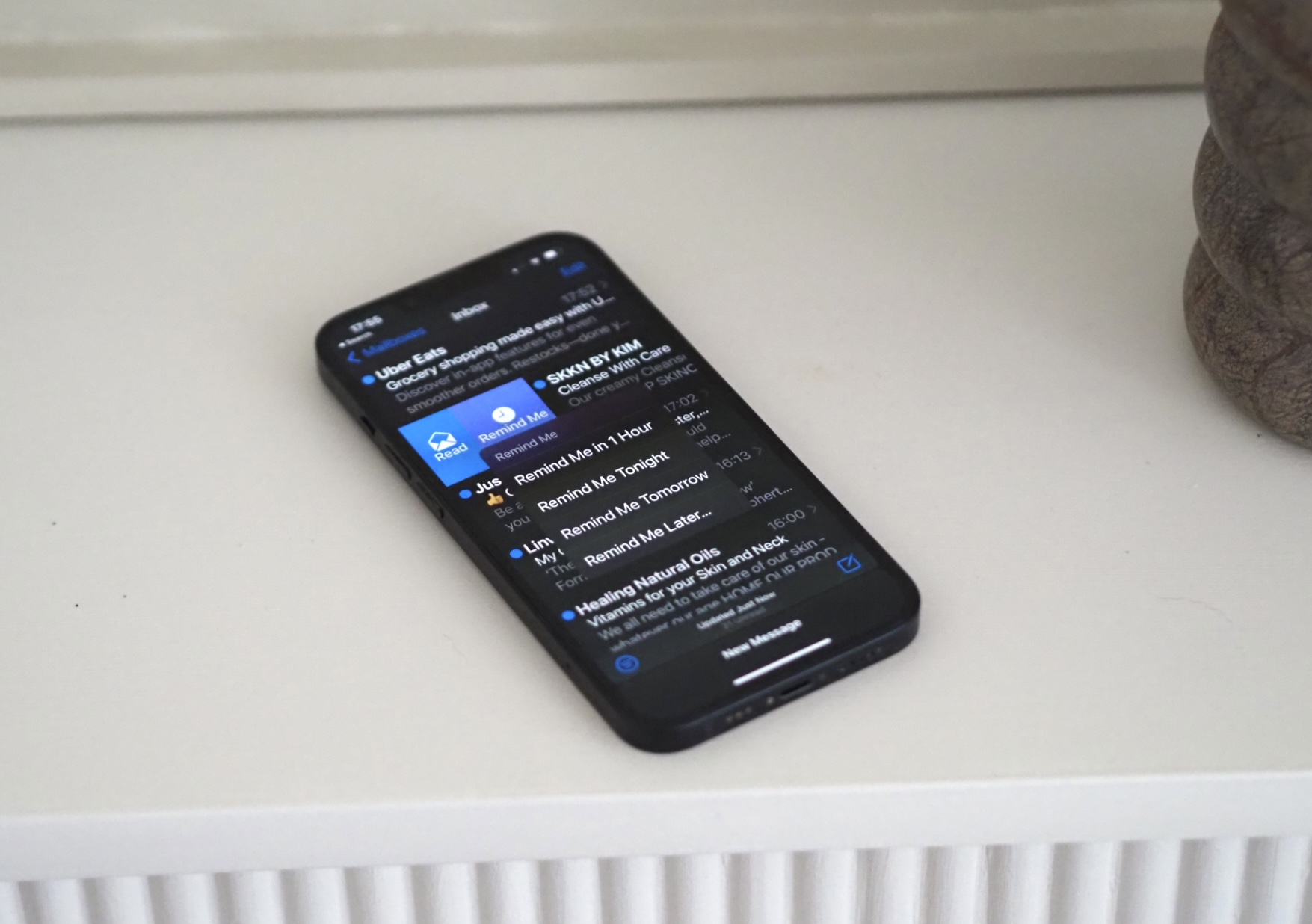
How to set email reminders on iPhone - the best kept secret for keeping your inbox under control
Apple Mail’s reminder function for iPhone lets you deal with emails when you’re good and ready. Here’s how to do it
By Alan Martin Published
-
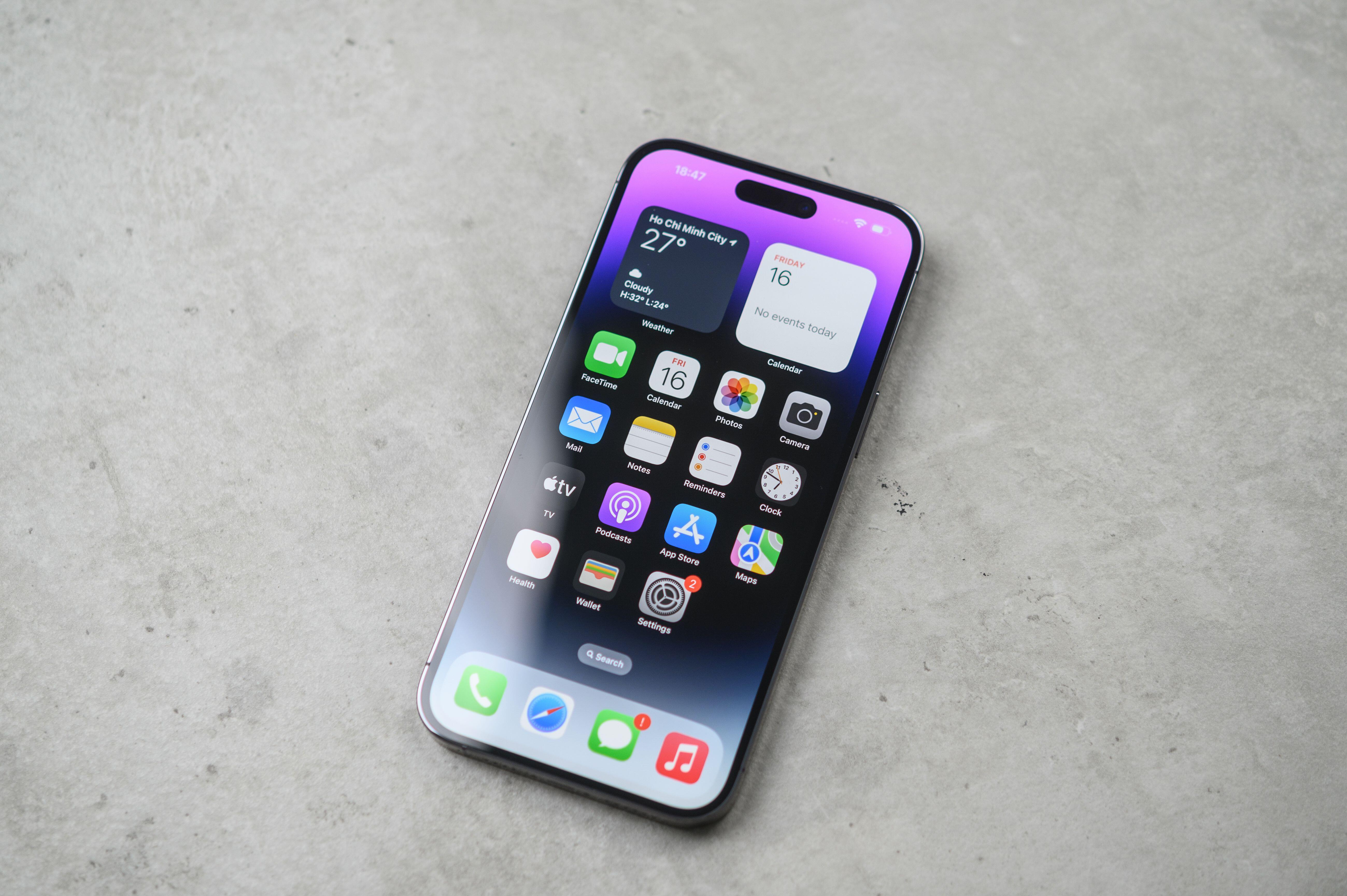
How to use 'text replacement' on your iPhone – plus genius ideas for how this handy feature can make your life easier
Don’t waste time repeatedly typing out phrases you use all the time. With the iPhone text replacement feature, you can shortcut them for quick use
By Alan Martin Published
-
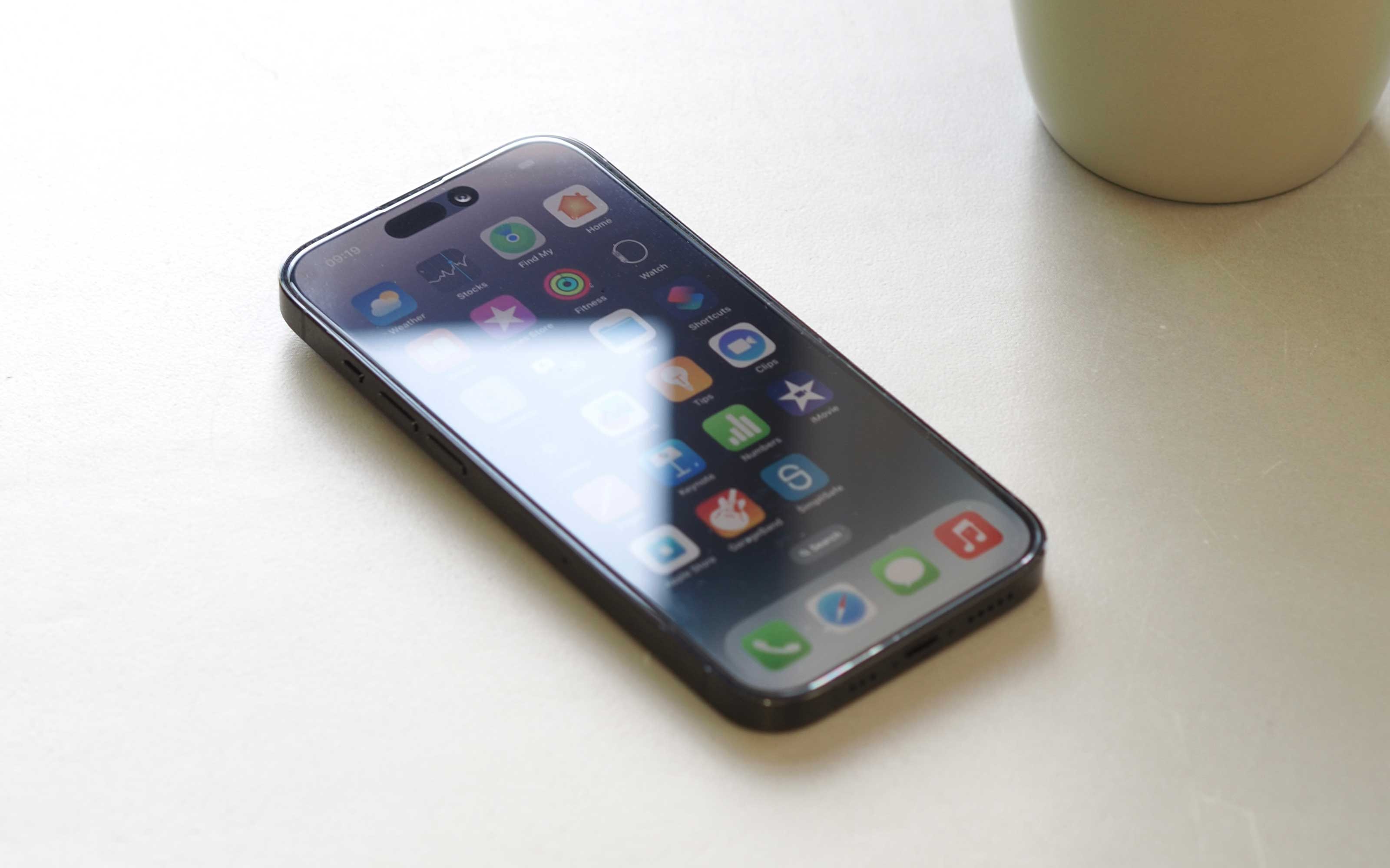
10 hidden iPhone tricks you probably don't know about – all designed to put more power in your pocket
Your iPhone can do a lot more than you think. Here are 10 skills you may not be aware of
By Alan Martin Published
-

Apple's new 'Voice Isolation' will make your call quality on an iPhone a million times better – here's how to turn it on
Voice Isolation minimizes background noise to make call quality sound better than ever on iPhone. Here’s how to enable it.
By Alan Martin Published
-

10 genius uses for NFC tags – the Amazon buy that costs less than $10 and will make your smart home so much smarter
Make your smart home even smarter with these clever uses for NFC stickers
By Alan Martin Published
-

How do I set up a smart home? These are the 10 steps to take to automate your house from top to bottom
Starting small, we show you the ten steps to make your house a smart home.
By Alan Martin Published
-
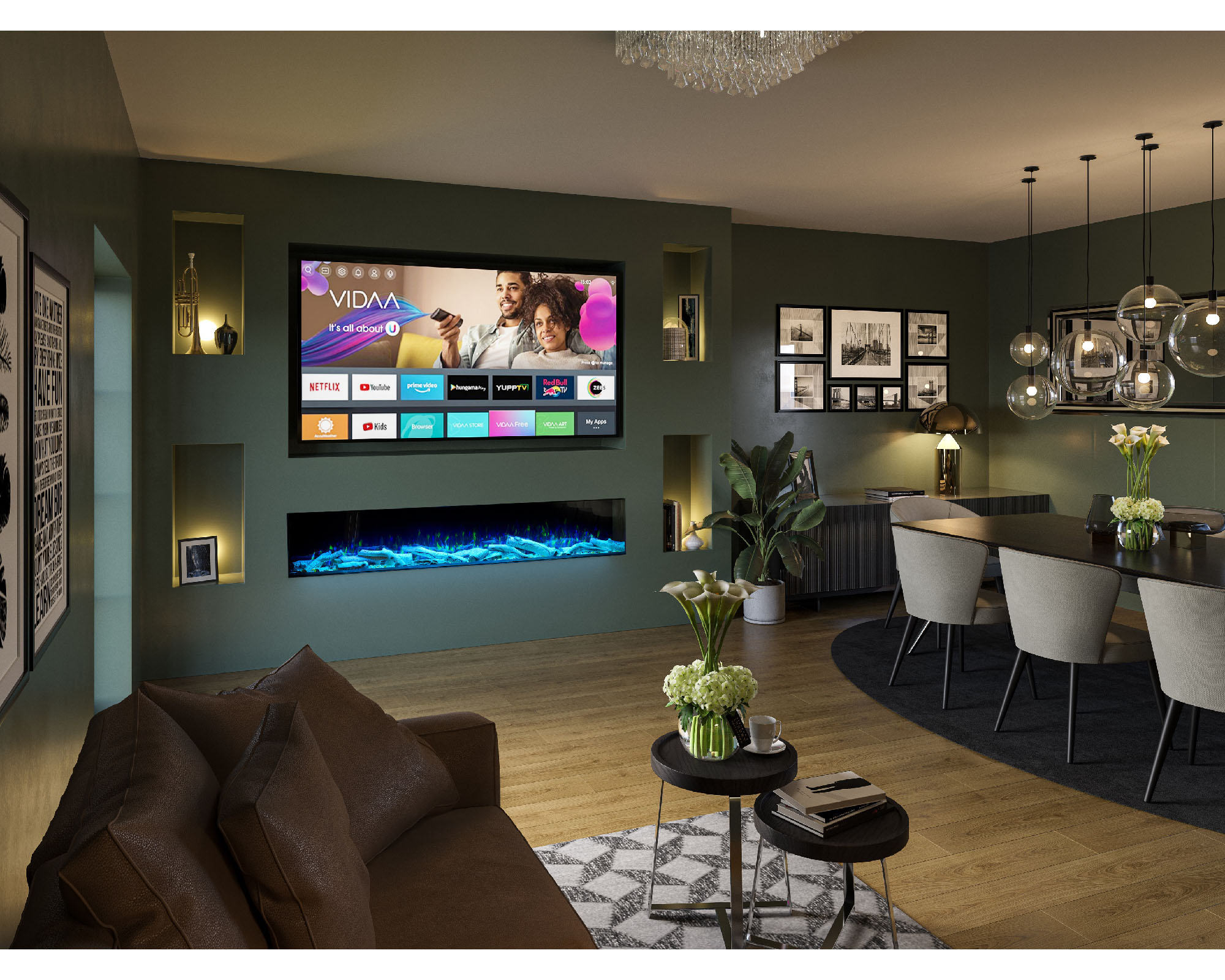
Netflix vs Hulu – which is best? The guide to picking the right streaming platform for you
Netflix and Hulu both have their strengths and weaknesses, but which should you put your dollars behind?
By Alan Martin Last updated
-

How to set up a Zoom meeting – top tips for a seamless virtual meeting
If you haven't already, it might be time to learn how to set up a Zoom meeting – this simple guide has you covered
By Olivia Emily Published
-

How to use a laptop as a monitor – everything you need to know to optimize your workspace
Knowing how to use a laptop as a monitor is a key skill to maximise your workspace and clean up your tasks
By Olivia Emily Published
-
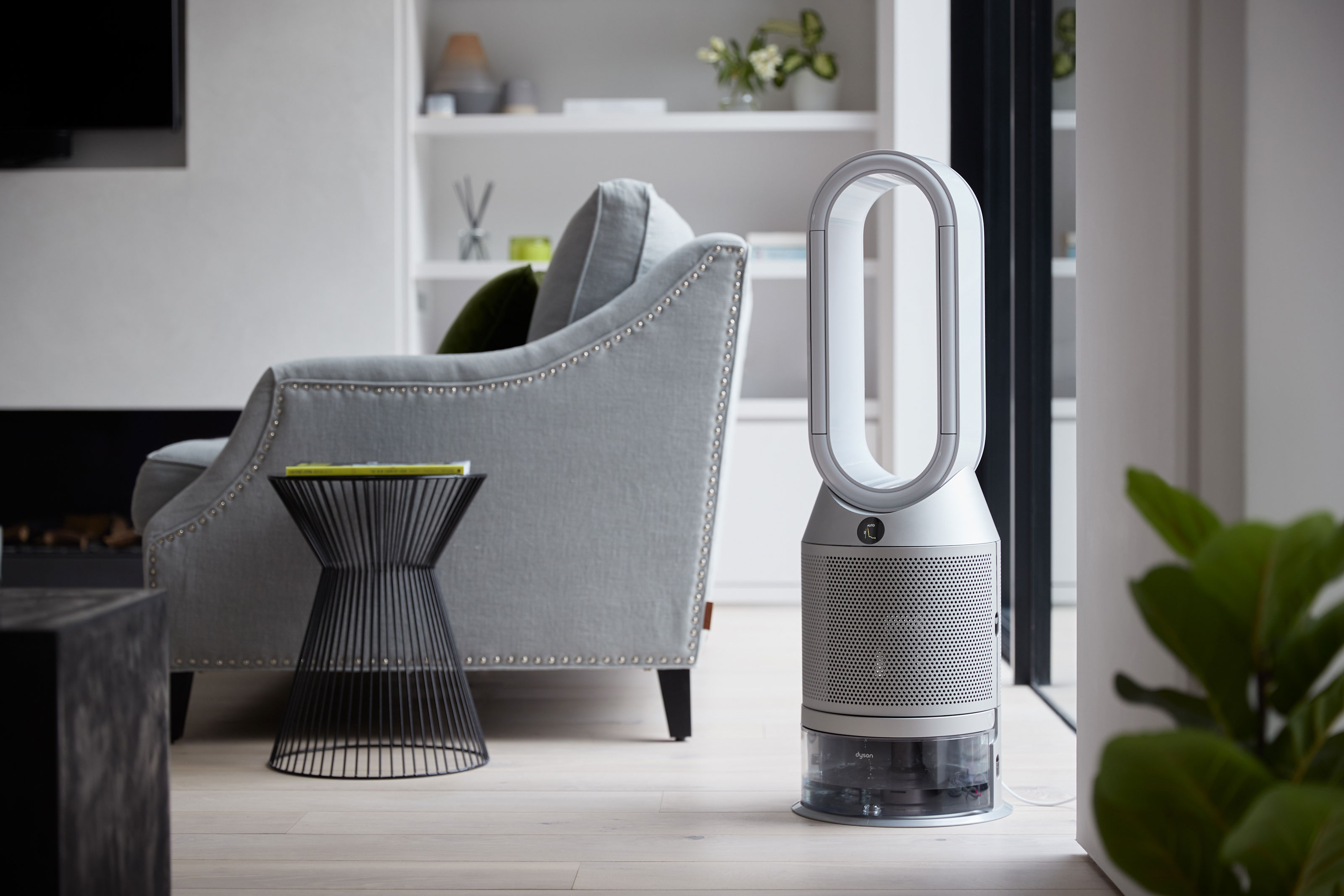
How to use an air purifier – expert tips to help you get the most from your device
Learn how to use an air purifier to get the best results and put a stop to the symptoms of poor air quality and hay fever before they even begin
By Hugh Metcalf Published
-

Gmail hacks – everything you need to know to keep your emails running smoothly
Want to supercharge your email productivity? Here are all the Gmail hacks you need to know
By Olivia Emily Published
